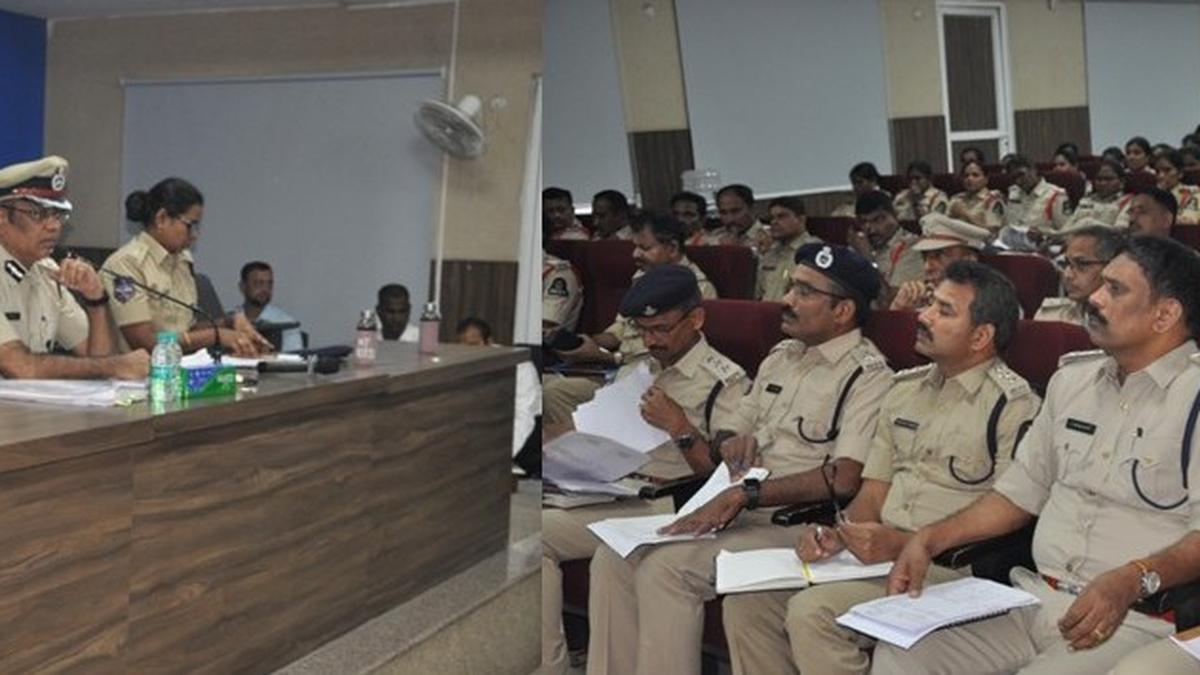ARTICLE AD BOX
Last Updated:October 14, 2025, 16:36 IST
This came even after the man being awarded Rs 2 crore by the apex court in lieu of his failed claim for specific performance of a 1989 sale agreement.

Court directed Aggarwal to pay Rs 10 lakh as cost to the respondents within four weeks, failing which it would attract 12 per cent annual interest.(representative image)
The Supreme Court has imposed a cost of Rs 10 lakh on a man who continued to resist handing over possession of a property, even after being awarded Rs 2 crore by the apex court in lieu of his failed claim for specific performance of a 1989 sale agreement. A bench of Justices Vikram Nath and Sandeep Mehta, expressing its disapproval of the litigant’s conduct, remarked, “Some litigants, it seems, cannot take yes for an answer."
The court recalled the maxim actus curiae neminem gravabit which means that an act of the court shall prejudice no one, describing it as a principle deeply rooted in Indian jurisprudence.
“The court, acting as an appendage of justice, cannot permit its own procedure or inadvertent lapse to occasion injustice," the bench observed.
“Where a party has been disadvantaged by an act of the court, it is incumbent upon the court to undo such prejudice and restore the party to the position he would have occupied but for such act," court emphasised.
The bench noted that despite the apex court’s order on April 1, 2025, which had set aside the decree but granted the appellant Rs. 2 crore, a sum 800 times the Rs 25,000 earnest money he had paid in 1989, the appellant refused to accept the compensation, obstructed execution, and returned to court “in an effort to delay the inevitable."
“This appeal is a cautionary tale about how the pursuit of a windfall can turn the process of law against those who seek to exploit it," the bench observed. “The appellant has shot himself in the foot and, in the same breath, dug his own grave. Equity will not allow unjust enrichment," court said.
Court reiterated that the process of execution exists to enforce judgments, not to underwrite windfalls, and that a party which has received substantial compensation must yield possession.
Considering appellant Prem Aggarwal’s challenge against the order directing him to hand over possession, the bench said, “We have no hesitation in recording that the appellant has been unnecessarily delaying and causing obstruction in the execution of the decree." It added that there was “no default on the part of the defendants" in complying with the earlier direction to pay Rs 2 crore to the appellant.
Emphasising the disproportionate benefit already extended, the bench criticised the appellant as “an unscrupulous litigant" for resisting delivery of possession merely because his continued occupation had not been specifically discussed at the time of hearing.
Noting that the appellant had succeeded in three courts and that 36 years had passed since execution of the agreement, the bench held that he had been “suitably compensated." It further clarified, “The appellant was neither a tenant nor a licensee or lessee on the ground floor of the suit property. He had been inducted only because of the agreement to sell. Once it has been held that no relief can be granted for specific performance, and an extraordinary amount has been awarded to adjust equities, the appellant cannot have any right to resist possession."
Rejecting the appellant’s argument that he was entitled to protection under Section 53-A of the Transfer of Property Act, 1882, the bench said he could not continue in possession after losing his suits for permanent injunction and specific performance. “The compensation of Rs. 2 crore was awarded only to bring an end to the litigation and put a quietus," the court said.
Dismissing the appeal against the Punjab and Haryana High Court’s order, the Supreme Court upheld the view of the executing court and the High Court in issuing warrants of possession with police assistance.
Reiterating the guiding principle behind its decision, the bench noted that the maxim actus curiae neminem gravabit serves as “a constant reminder that the court’s authority must be exercised not to the disadvantage of litigants, but in furtherance of justice." It added, “To err is human, and when an inadvertent omission is brought to the court’s attention, it becomes the court’s solemn duty to ensure that no party suffers on account of such mistake."
Court directed Aggarwal to pay Rs 10 lakh as cost to the respondents within four weeks, failing which it would attract 12 per cent annual interest.

Sanya Talwar, Editor at Lawbeat, has been heading the organisation since its inception. After practising in courts for over four years, she discovered her affinity for legal journalism. She has worked previousl...Read More
Sanya Talwar, Editor at Lawbeat, has been heading the organisation since its inception. After practising in courts for over four years, she discovered her affinity for legal journalism. She has worked previousl...
Read More
First Published:
October 14, 2025, 16:36 IST
News india Supreme Court Slaps Rs 10 Lakh Cost On Man For Resisting Handing Over Possession Of Property
Disclaimer: Comments reflect users’ views, not News18’s. Please keep discussions respectful and constructive. Abusive, defamatory, or illegal comments will be removed. News18 may disable any comment at its discretion. By posting, you agree to our Terms of Use and Privacy Policy.
Read More

 3 hours ago
4
3 hours ago
4









 English (US) ·
English (US) ·